The Eucharist
I was asked, as a Deacon, how do you view the Eucharist, when you are serving on the altar? In some ways, it is no different for me than it is for any other person. But there is a difference because I am at the altar, closer to what is taking place and with some special duties, two of which stand out for me.
One of these is near the end of the Eucharistic Prayer, which begins when the priest extends his arms and says, “The Lord be with you… lift up your hearts… let us give thanks to the Lord our God…” This is the heart, the center, the high point of the Mass. It is a thanksgiving prayer, essentially the Church’s great “grace before meals.”
As we begin it, we acclaim with the priest that it is most fitting to give our thanks and praise to God. Throughout the prayer we give thanks to God for our salvation in Christ, the mystery of our faith. “We proclaim your death, O Lord, and profess your resurrection until you come again.” “When we eat this bread and drink this cup, we proclaim your death, O Lord, until you come again.” “Save us, Saviour of the world, for by your cross and resurrection you have set us free.”
During the Eucharistic Prayer, the Deacon is near the altar, assisting whenever necessary with the chalice and the Missal. However, he stands back slightly, behind any con-celebrating Priests standing around the principal celebrant. The Deacon kneels for the Consecration but stands again after the Consecration.
As the final words of the Eucharistic Prayer are spoken by the priest “Through him, and with him, and in him, O God, almighty Father, in the unity of the Holy Spirit, all glory and honor is yours, for ever and ever,” the Deacon stands next to the Priest and holds the chalice elevated while the Priest elevates the paten with the host until the people have acclaimed “Amen.”
Holding and elevating the chalice is a high point of the Mass for me. In the unity of the Holy Spirit all the glory and honor is God’s – what more could one give to Jesus?
At the moment of the Epiclesis, the priest calls forth the Holy Spirit that both the gifts offered and those offering them become Christ’s Body and Blood for the salvation of those who will share it. Distributing Eucharist to people who come forward to receive The Body of Christ also has a special meaning for me. When I put the Body of Christ in the hands of a little girl, saying “the Body of Christ” and she responds – Amen! I tell myself – she believes with that Amen.
Outside of Mass, perhaps the most significant thing for me as a Deacon is whenever I can go out into the community and become an image of Christ to those in need. This is perhaps the greatest struggle for me, but I try. Whether at the nursing home, hospital, visiting the homebound or the prisons – taking communion or simply visiting with those that are unable to come and be at the table in Mass is not only an act of charity by the Deacon, but something that gives me great joy.
As we enter Lent during this Year of the Eucharist, this is a good time to reflect on what the Eucharist means to each of us.
Deacon Ed Herrera
